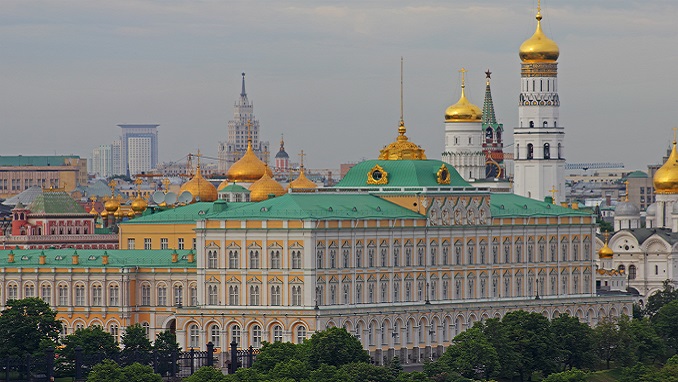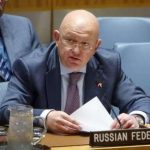The constant rhetoric and the public opinion development against Euro-Atlantic integration is an agenda that Russia is constantly trying to extend to the Western Balkan countries.
Influence on the Western Balkans countries is an important element of Russia’s geopolitics. The fragile situation, the unstable political situation, disagreements and the tensions, especially between Kosovo and Serbia, enable the introduction of discouraging elements for progress towards European Union Integration.
Russia’s penetration is understandable and very visible. Russian Government worked hard to increase their influence in Europe, especially through Serbia, say diplomats. Russian strategy is aiming to maintain and strengthen the naval power (Sea Power) without which Russia would not be able to play its global role in all aspects.
Russia-Serbia relations were slightly fainted before President Aleksandar Vucic won the election in 2012, while they increased after 2012, from this period Serbia stands out as a buyer of military equipment from Russia, the continuation of the cooperation agreements in the field of Intelligence and Security between two states. In 2012 also Russia and Serbia created so called “Humanitarian Center”, in Nis, close to Serbia`s border with Kosovo. From the US and European Union this was an attempt to install a Russian military inside the territory of Serbia which shares a border controlled by KFOR (NATO military) including the US Army. Furthermore, Kosovo is hosting some 5000 international military as part of the NATO-Serbia Technical Agreement signed in Kumanovo in June 1999.
Russia will influence the Western Balkans in two directions: directly through Serbia, and indirectly through the Serbian presence and influence in other parts of the Western Balkans. According to the expert on diplomatic affairs prof. Lisen Bashkurti, as it happened in Montenegro where the pro-Serb opposition won the elections. This is a raises concerns for everyone, as the biggest and most dangerous issue now is that Serbia and Russia once again get Montenegro under control.
The rapporteur of the liberal parliamentary group for the Western Balkans, Renata Alt, in a prognostication for Djukanovic’s political future, after the elections in Montenegro, said that the biggest threat to him is the unpleasant coexistence with a new government. Djukanovic was seen as an enemy by Russia and Serbia together. She has estimated that if the pro-Russian alliance of the Democratic Front will comes to terms with both pro-European alliances for a governing program is more than unsafe.

Recall that in 2016, in Montenegro there was an attempt to organize riots in order to overthrow the government and prevent Montenegro’s membership in NATO. Those imprisoned of plotting the overthrow at the time, include two leaders of the Montenegrin opposition Democratic Front party, another Montenegrin national, nine Serbian nationals and two suspected Russian military intelligence officers.

The penetration of Russian agents through Montenegro into Kosovo has been noted several times lately, even under the diplomatic status. Their efforts to create unrest through the Orthodox Church and misuse of ethnic Serb minorities, are seen throughout Kosovo as well.
The Russian position over Kosovo hasn’t changed at all, despite Putin meeting Thaci in Paris and also after the latest agreements between Kosovo and Serbia. Russian policy towards Kosovo is not only to support Serbia but to (mis)use Serbia for its own power ambitions in international relations. Abit Hoxha, Media and Conflict scholar claims, that Russia seeks to continue blocking any decision in the United Nations Security Council (UNSC), and not only to block Kosovo as entity but to demonstrate its veto power against the other permanent members of the UNSC. The constant rhetoric and the public opinion development against Euro-Atlantic integration is an agenda that Russia is constantly trying to extend to the Western Balkan countries. Russia`s battle is not only with and against Kosovo but more against the US influence in this part of the world.
Author
-

Kosovo based analyst that focuses on current affairs, communication and technology. She studied Albanian Literature, and Economics, Management and Information Sciences. MA in Journalism and Communication. Co-authored the Worlds of Journalism Study report on Kosovo Journalists.
View all posts




